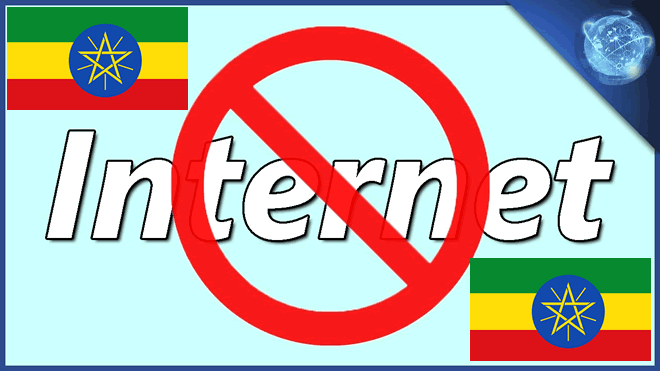
By Cara Anna | AP
Tuesday July 14, 2020
JOHANNESBURG — Ethiopia is entering its third week without internet service for almost everyone after days of deadly unrest, as the government in Africa’s diplomatic and aviation hub says it’s trying to prevent speech that could further inflame ethnic tensions.
The internet cut has damaged the economy in Africa’s second most populous nation, with nearly 110 million people, as it struggles with the effects of the coronavirus pandemic. It also has revived some fears of government repression.
An update by internet monitoring group NetBlocks on Tuesday evening said some fixed-line internet had started to return but the more widespread mobile internet remained cut.
Connectivity early on had dropped as low as 1%, it said.
“The disruption constitutes a severe violation of basic rights at a time Ethiopians most need to stay informed,” NetBlocks has said, reporting an estimated economic impact of more than $4 million per day.
The cut also has hurt the dissemination of key information about the coronavirus pandemic as Ethiopia’s capital, Addis Ababa, is the home of the Africa Centers for Disease Control and Prevention and other arms of the African Union continental body.
Last week as the Africa CDC prepared for its weekly media briefing, one staffer was heard asking another how to explain to reporters why the previous week’s briefing had been canceled.
A pause. “We had technical issues,” a colleague replied.
Ethiopia’s latest bout of unrest began after the shooting death of a popular singer on June 29 in Addis Ababa. Hachalu Hundessa had been a leading voice in the anti-government protests that led to a change in the country’s leadership in 2018.
Dramatic political reforms followed Prime Minister Abiy Ahmed’s taking office, but the opening of political space saw some ethnic and other grievances flare up. Human rights groups and other observers have warned that Ethiopia’s response has seen a return to certain repressive acts used by the previous government.
Ethiopian officials have said at least 239 people were killed in the unrest after the singer’s killing and nearly 5,000 people were arrested. Human rights groups have said the internet cut complicates efforts to track abuses.
The prime minister has warned that those who participate “in the destruction of the nation cannot be considered guardians of the nation.”
This is the most serious internet shutdown in Ethiopia since the 10-day period after the killing of the country’s army chief last year, NetBlock says.
The United Nations special rapporteur on freedom of opinion and expression, David Kaye, earlier this month in a series of tweets warned that shutting down the internet in Ethiopia “is entirely counter-productive and counter to basic human rights standards,” while adding that ”there is of course a serious risk that social media platforms, esp #Facebook, may be used to incite ethnic-based violence & hatred.”
He urged Facebook to deal with it aggressively “given the high stakes.”